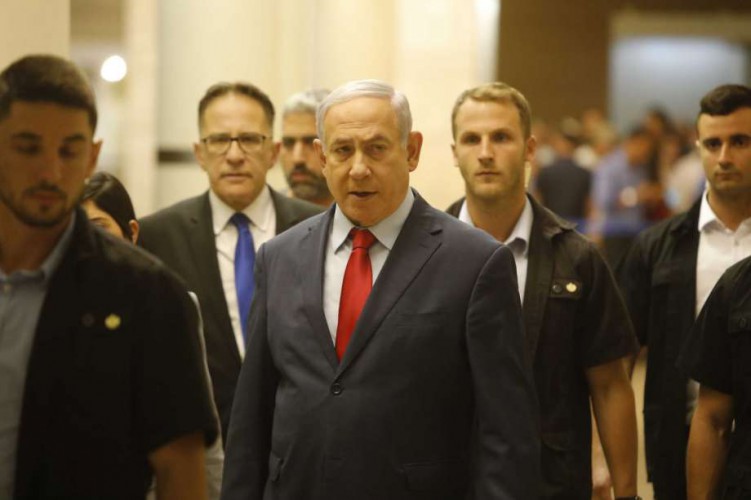-
International 
JERUSALEM (AP) - Israel is in unchartered political territory after the newly elected parliament dissolved itself early on Thursday and set another election date, within six months of the previous one. Just 50 days after he seemed to have scored an impressive victory, cruising to re-election, Prime Minister Benjamin Netanyahu conceded that he had failed to build a coalition government and pushed through legislation for a do-over. With former ally Avigdor Lieberman breaking up the nationalist bloc that had traditionally uniformly lined up behind Netanyahu, it's unclear whether a second election will deliver a more decisive verdict. Either way, it sets Israel up for another raucous three-and-a-half-month-long campaign just after it concluded the last one. Here's a look at what comes next: THE TIMETABLE Since Netanyahu was unable to build a coalition within the time allotted to him by law, and did not want his chief opponent, retired military chief Benny Gantz, to get a chance to do so himself, he pushed for the bill to dissolve parliament and kick off another election campaign. The new date was set for Sept. 17. The parties intending to run must now choose their leaders and candidates for parliament and embark on expensive campaigns. After the new election in September, the same process will begin again, with Israel's largely ceremonial president charged with choosing a candidate for prime minister with the best chance of putting together a stable majority coalition. The candidate then has 42 days to do so and if he fails, the president can technically turn to another candidate and give him 28 days to form an alternative coalition, or declare a coalition impossible and call new elections before a new government is formed - something that, until this week, had never...